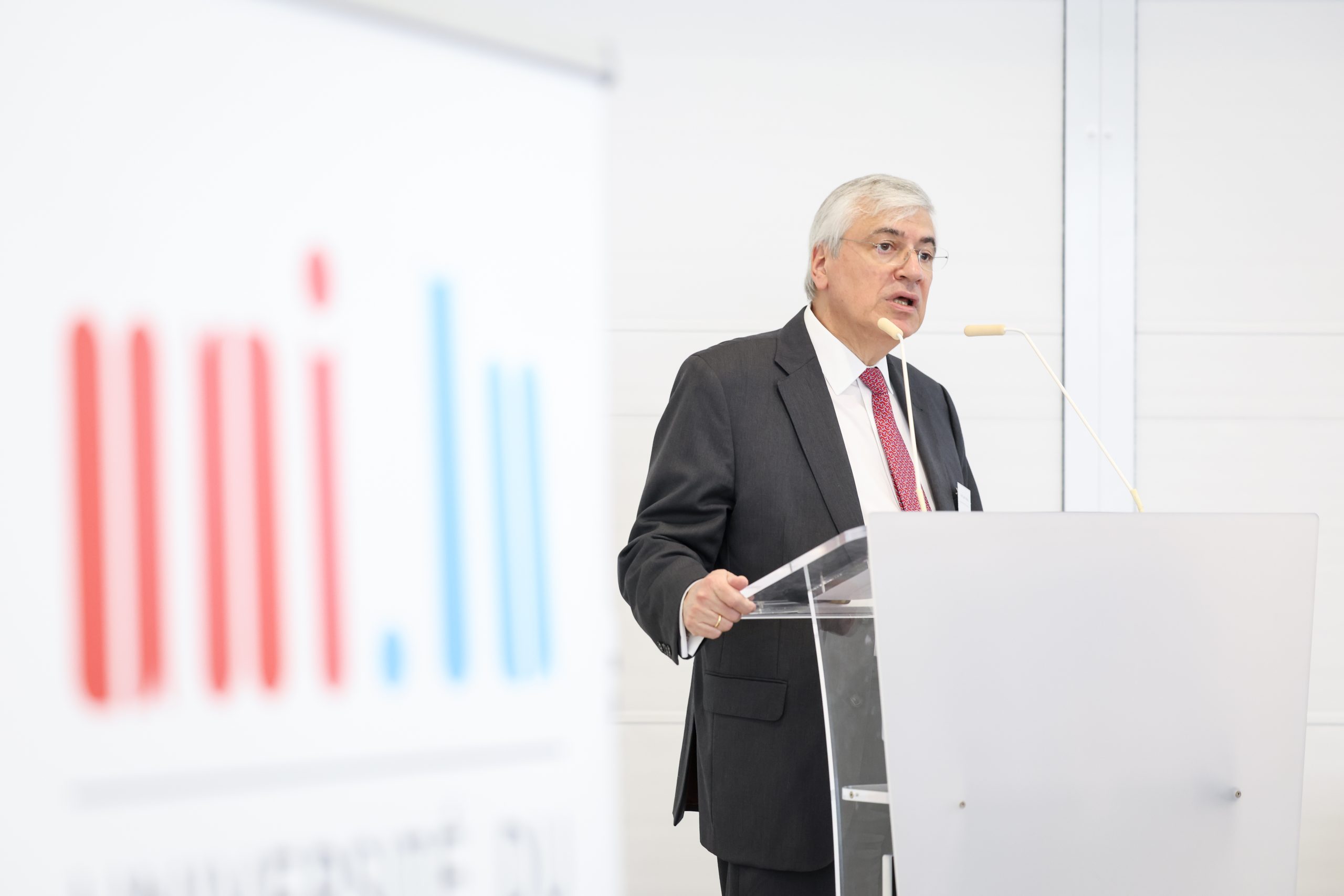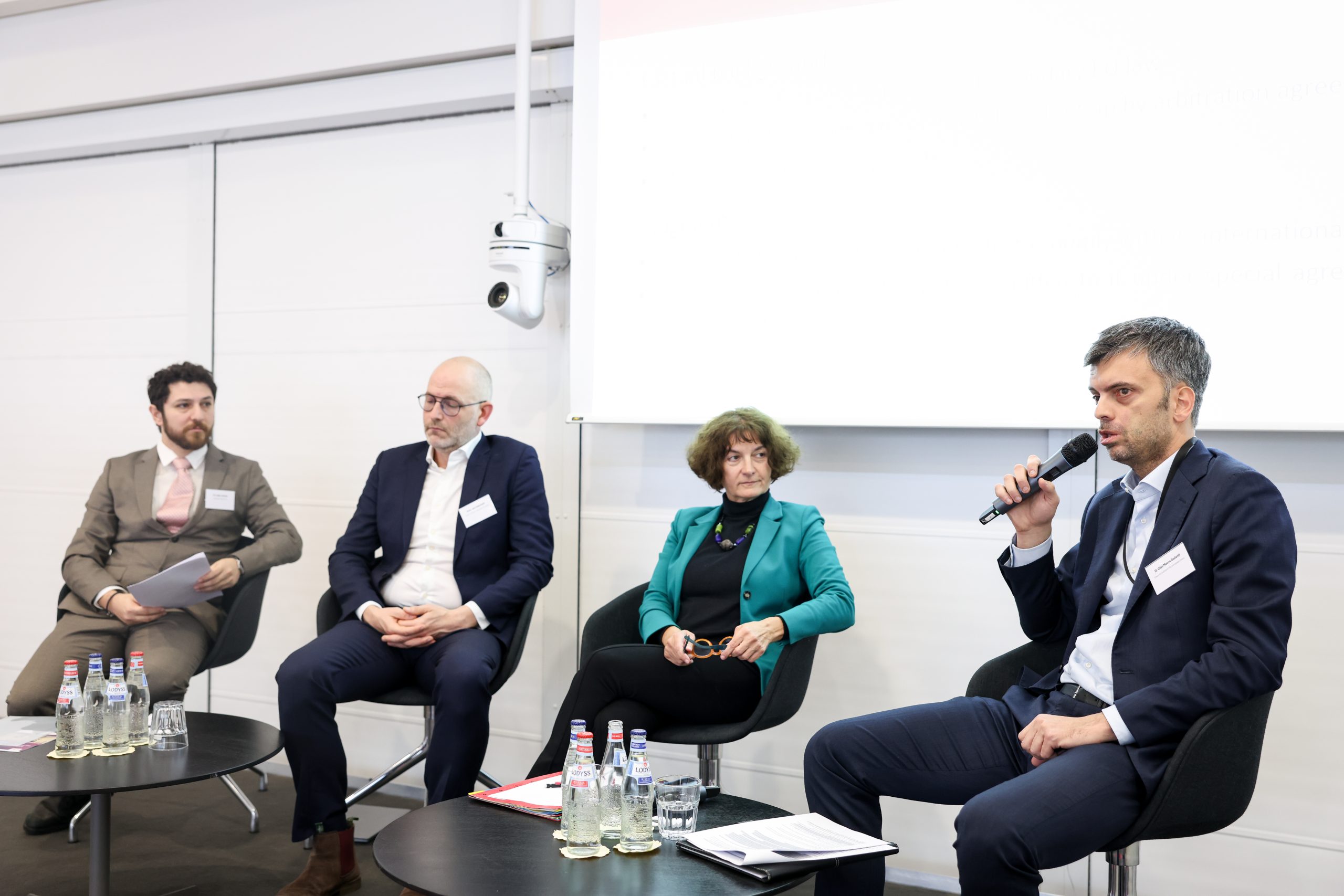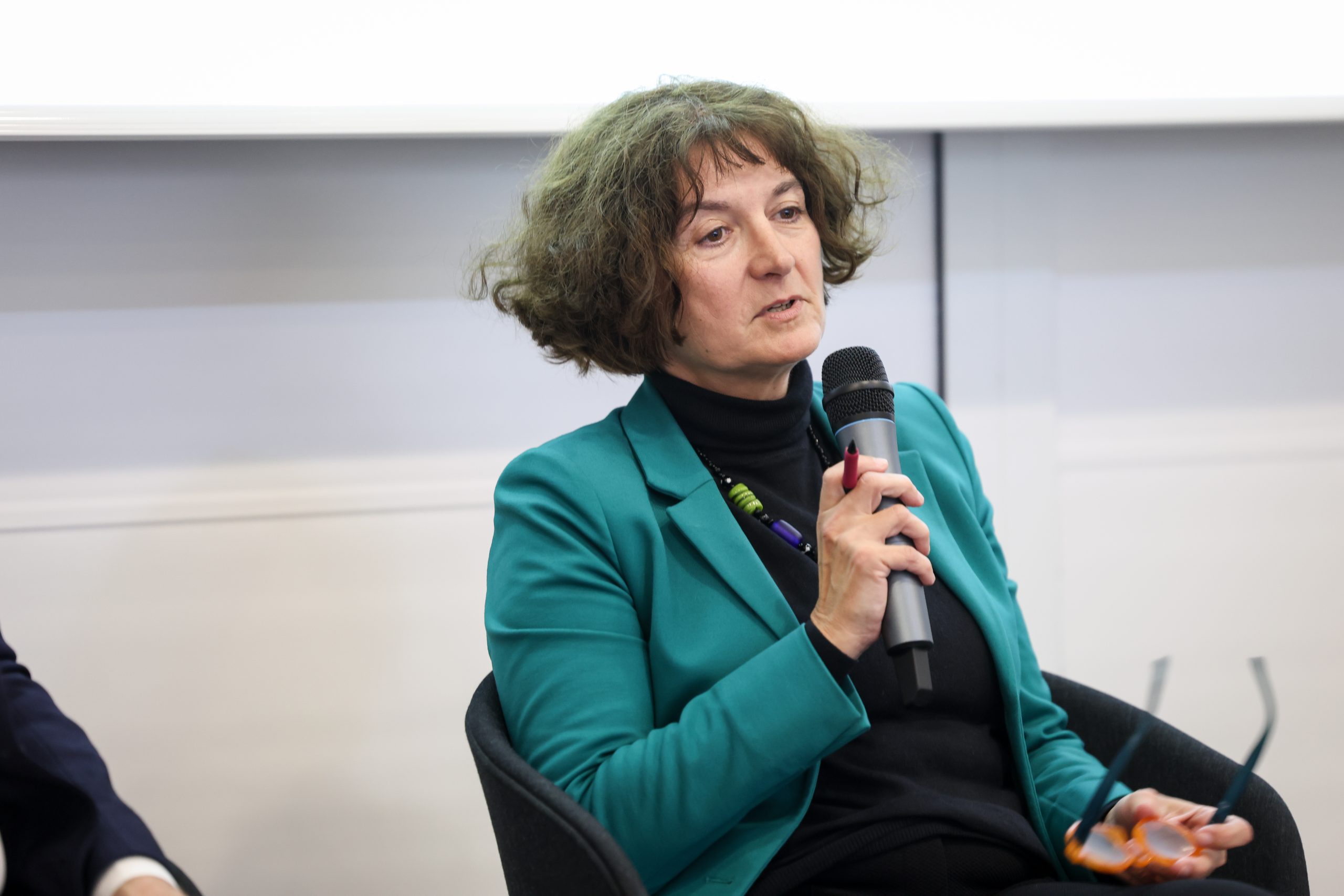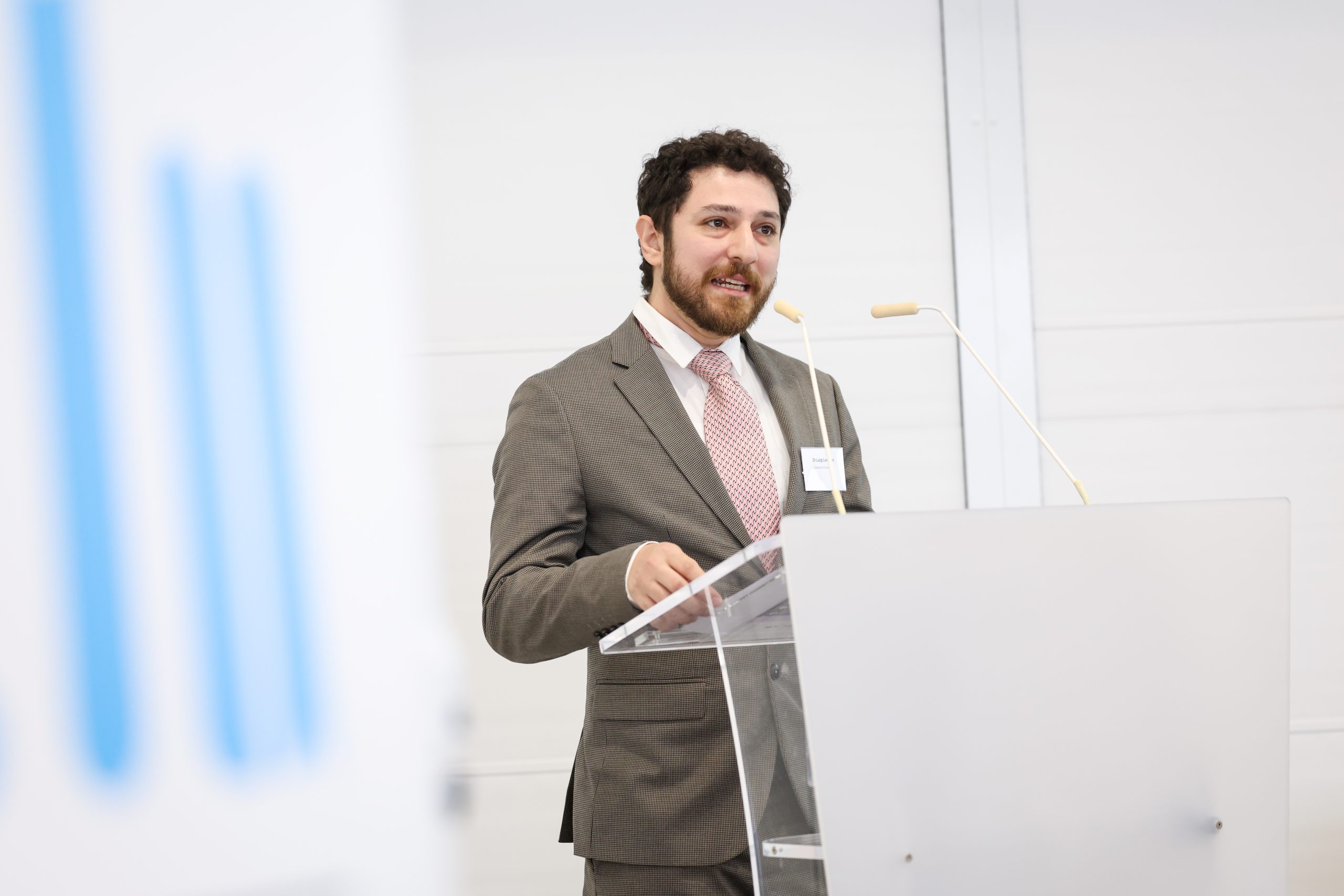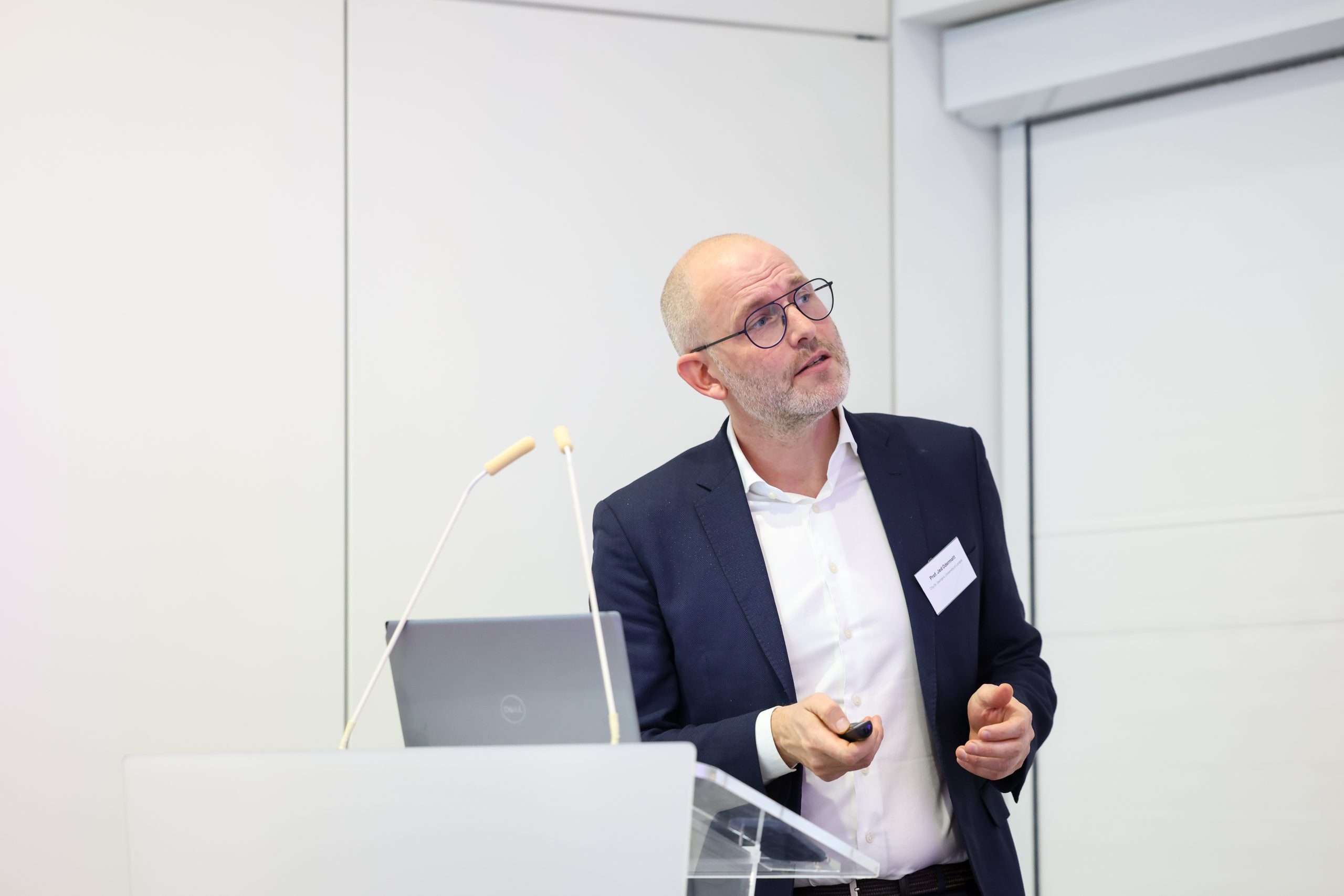The Court of Justice of the European Union (CJEU), as the EU’s highest court, ensures the uniform application of EU law across member states. But what happens when a legal case has significant political repercussions? These “politically sensitive” cases often involve foreign relations, trade agreements, or internal EU governance. They highlight critical questions about the boundaries of judicial authority and the separation of powers.
The Luxembourg Centre for European Law (LCEL) gathered esteemed academics, legal practitioners and judges from the CJEU to tackle these issues from a theoretical perspective as well as how political questions are dealt with in the case law of the Court.
Prof. Takis Tridimas (Director, LCEL) opened the conference discussing the importance of the principle of separation of powers in a democracy. This is necessary to avoid the concentration of power. A properly functioning democracy is based on a system of checks and balances where the branches of government (the legislative, the executive, and the judiciary) are intensely interdependent. Because of the nature of their jurisdiction, constitutional courts and, more generally, those that are at the apex of a legal system, may encounter disputes that are politically sensitive. How they handle them manifests the way they perceive their function and provides a standard of democracy.
By emphasising the principle of separation of powers, he set the tone for a lively discussion.
Key takeaways from the panel
The panel was chaired by Advocate General Tamara Capeta (CJEU) and composed of Dr Gian Marco Galletti (CJEU), Dr Luigi Lonardo (University College Cork), Prof. Jacques Ziller (Paris 1 Panthéon-Sorbonne & University of Pavia), Prof. Jed Odermatt (City, St George’s, University of London), and Prof. Sara Poli (University of Pisa).
Dr Galletti highlighted that politically sensitive cases often attract significant public interest and involve high-stakes political issues. He questioned whether any case can be entirely immune from review by the European Court of Justice (ECJ). In general, no case within the scope of EU law can escape judicial review, ensuring that the legislature and executive branches do not wield unchecked power. However, matters related to the Common Foreign and Security Policy (CFSP) might constitute a notable exception, as the EU Treaties explicitly exclude CFSP acts from judicial review, with a few counter-exceptions. Dr Galletti examined why the EU lacks a general political question doctrine—a principle suggesting that judges should refrain from reviewing matters covered by political discretion. He concluded that EU law’s strong emphasis on effective judicial protection ensures that no measure is beyond judicial scrutiny, as illustrated in cases like Les Verts.
Dr Lonardo focused on the varied nature of politically sensitive cases, particularly those involving the CFSP. Such cases often intersect with external parties and policies. He observed that the CJEU’s approach typically reveals an inverse relationship between the discretion afforded to political institutions and the intensity of judicial review. Greater discretion for political institutions results in less intense judicial oversight. The court’s decisions often balance two primary considerations: ensuring effective judicial protection, as seen in cases like Rosneft and Elitaliana, and maintaining institutional balance, as demonstrated in Opinion 2/13 and KS. While the CJEU grants the Council broad discretion in CFSP matters, it also ensures individual protection through judicial review when necessary. Each case’s outcome depends on its specific circumstances and the balance between judicial protection and institutional harmony.
Prof. Ziller explored the complex dynamics of the Puigdemont saga following Catalonia’s controversial independence referendum. While some regional government members, including Puigdemont, fled to Belgium, others were arrested. The refusal of Belgian courts to execute a European Arrest Warrant (EAW) against Puigdemont highlighted tensions within the EU’s legal and political frameworks. Prof. Ziller emphasised the principle of sincere cooperation under Article 4(3) TEU, which underscores mutual respect and assistance between the Union and its member states. He raised critical questions about the extent to which politically sensitive cases are treated as political questions and how the principle of sincere cooperation influences judicial deference to member states.
Prof. Jed Odermatt discussed judicial avoidance as a strategic technique used by the CJEU to navigate politically sensitive cases. By framing disputes through the lens of international law, the Court often avoids entangling itself in contentious political issues while preserving its authority. This approach allows the Court to address legal questions with political undertones while maintaining the perception of neutrality. Prof. Odermatt illustrated how the strategic use of international law helps the CJEU bolster its legitimacy and limit judicial oversight on external actions, granting political institutions more flexibility.
Prof. Poli emphasised the importance of the principle of consistency, a political principle ensuring that different aspects of the EU’s external actions remain coherent. She analysed the Front Polisario case, which involved trade and fisheries policies concerning Morocco’s management of Western Sahara. Prof. Poli argued that the Court missed an opportunity to apply the principle of consistency, which could have reconciled the EU’s neutrality with its external policies. She highlighted how the principle of consistency prevents contradictions between policies and upholds respect for international law.
Closing Remarks
Prof. Tridimas closed the discussion by reflecting on the nature of politically sensitive questions. He identified two key issues: what is a politically sensitive question; and what should the courts do once such a question is identified. He pointed out the difficulty in determining what is a politically sensitive question. Issues that enter the judicial arena may have such sensitivity, among other reasons, because they may pertain to the allocation of public resources, concern areas such as foreign or monetary policy or raise issues of public security. Sensitivity may not be solely a reflection of the subject matter of the issue raised. A question becomes sensitive if it exceeds a threshold of importance as measured by institutional and civil society reactions. Ultimately, there is a need for the articulation of criteria on the basis of which a question can be classified as political. Professor Tridimas observed that the need to keep certain issues beyond judicial scrutiny must be balanced with the need to respect the rule of law and outlined techniques that courts use to draw such balance. In EU law, the shared values enshrined in Article 2 TEU and the Charter of Fundamental Rights set limits and guide the CJEU’s handling of politically sensitive cases.
Photo credit: © Sophie Margue

